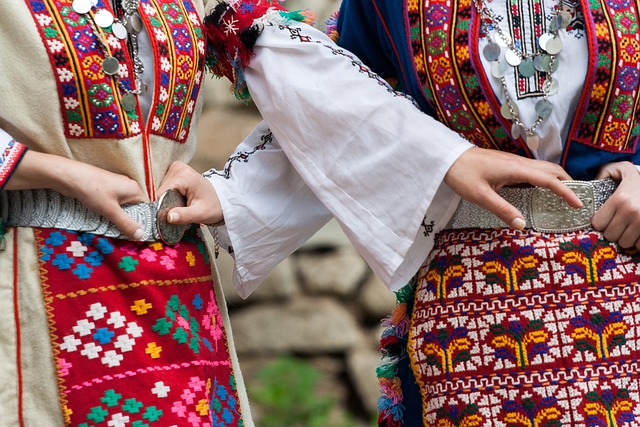
Bulgarian Independence Day, celebrated annually on September 22nd, commemorates the momentous event in 1908 when Bulgaria declared its full independence from the Ottoman Empire. This day is a significant milestone in Bulgarian history. It symbolizes the culmination of a long struggle for sovereignty and national identity.
The path to independence was fraught with challenges and complexities. Bulgaria had endured nearly five centuries of Ottoman rule, a period marked by significant socio-economic and cultural changes. The struggle for liberation began in earnest in the late 19th century with the rise of nationalist movements. Eventually they established the Principality of Bulgaria in 1878 following the Russo-Turkish War. This new political entity, however, remained under the suzerainty of the Ottoman Empire, which limited its autonomy and full sovereignty.
The desire for complete independence was fueled by a growing sense of national identity and the desire for self-determination. The nationalist fervor of the period was characterized by the efforts of prominent leaders and organizations, including the Internal Macedonian-Adrianople Revolutionary Organization (IMARO). The movement for independence was not only a struggle against Ottoman control but also a quest to reunite Bulgarian lands.
Where does it happen?
September 22, 1908, marked a pivotal moment when Prince Ferdinand I of Bulgaria declared the country’s independence, elevating it from a principality to a kingdom. This declaration was made in the town of Veliko Tarnovo. Which holds historical significance as the site of the Second Bulgarian Empire’s medieval capital. The declaration of independence was a carefully orchestrated political maneuver that involved significant diplomatic negotiations and the strategic positioning of Bulgaria within the European geopolitical landscape.
The independence declaration was received with great enthusiasm by the Bulgarian people, who saw it as a vindication of their long struggle for national sovereignty. The new Kingdom of Bulgaria was born. Which marked a crucial step in consolidating Bulgaria’s position as an independent nation-state.
Celebrating Independence Day today involves various ceremonies and events that reflect on Bulgaria’s historical journey and achievements. The day is marked by official ceremonies, including speeches by state officials, military parades, and cultural events that showcase Bulgarian heritage and pride. The Bulgarian flag is prominently displayed, and national anthems and songs that evoke the spirit of independence and national unity are performed.
In addition to the public celebrations, Independence Day serves as a moment for reflection on the values of freedom and self-determination. It is a time for Bulgarians to honor the sacrifices of those who fought for their nation’s independence and to celebrate the progress and development achieved since that historic day.
Conclusion
The significance of Bulgarian Independence Day extends beyond its historical context. It symbolizes the resilience and determination of the Bulgarian people in their pursuit of national self-determination. The day is a reminder of the importance of sovereignty and the enduring spirit of a nation that has overcome considerable obstacles to establish its place in the world. For Bulgarians, both at home and abroad, September 22nd is a time to celebrate their heritage, reaffirm their national identity, and embrace the values that continue to shape their country’s future.

